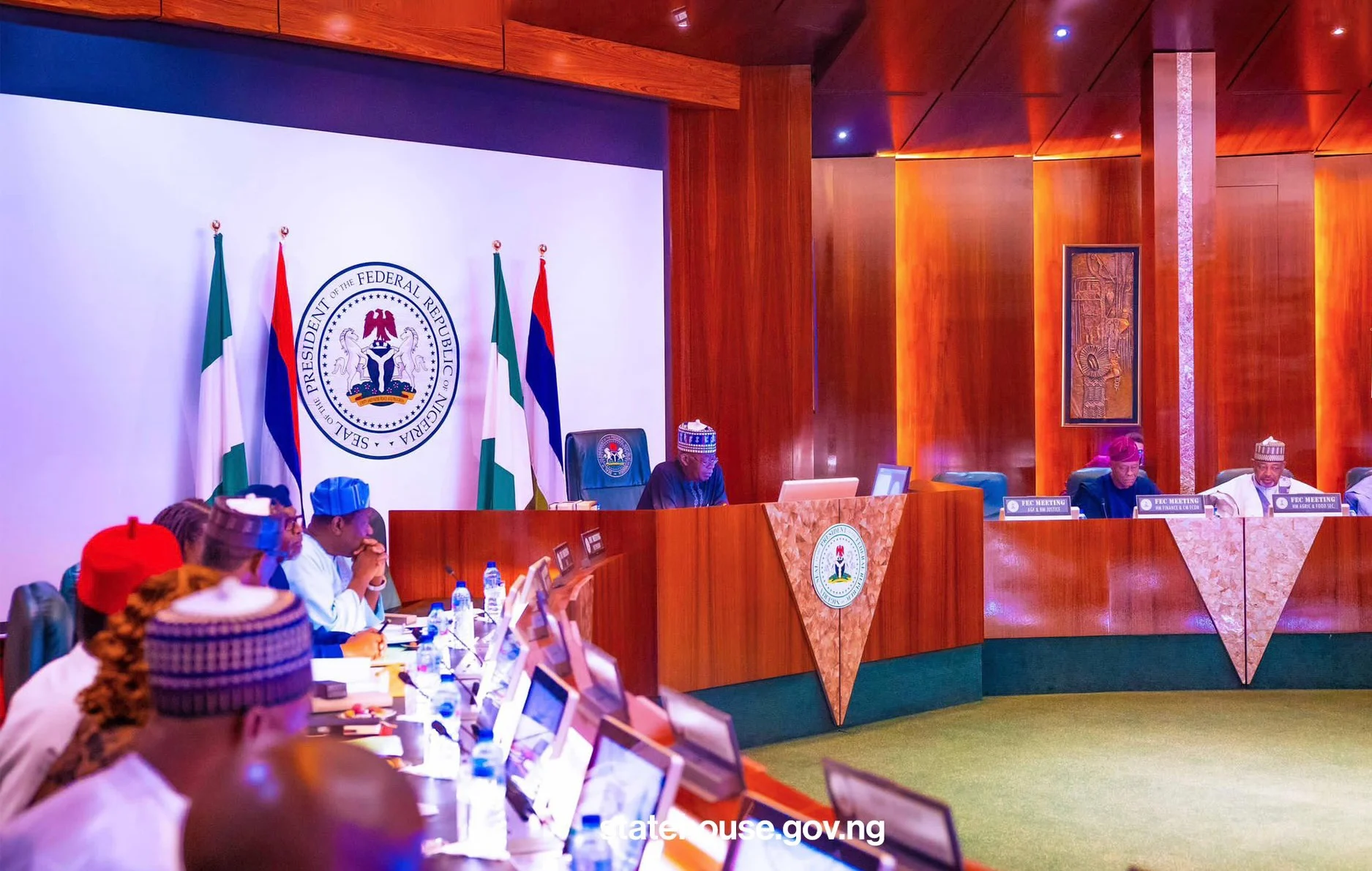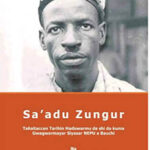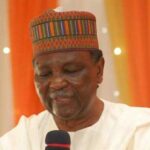On Monday, December 16, 2024, the Federal Executive Council (FEC) approved the renaming of University of Abuja (UNIABUJA) after former Head of State, General Yakubu Gowon (rtd).
The University of Abuja, established in 1988 to run both conventional and distance learning academic programmes, was the first university in the country with such a dual-mode mandate at inception.
The FEC, presided by President Bola Tinubu, gave its approval to honour General Gowon who recently marked his 90th birthday.
He was Nigeria’s Head of State from August 1, 1966 to July 29, 1975.
Minister of Information, Mohammed Idris, who announced the renaming, told journalists that the renaming was in recognition of Gowon’s enduring contributions to Nigeria’s unity and his commitment to the country’s progress.
“This decision reflects the government’s appreciation for the remarkable leadership and service General Gowon provided during a critical time in our nation’s history… FEC has taken that decision to write to the National Assembly to change the name of the University of Abuja to Yakubu Gowon University, in honour of the former head of state and elder statesman.”
We at Daily Trust join well-meaning Nigerians and groups in welcoming the renaming of the university after General Gowon. We fully endorse it and call on the National Assembly to give the request accelerated approval as the elder statesman is worthy of the honour. He remains a modest man and a living symbol of Nigerian unity.
Gowon served for a record eight years as military Head of State following his emergence after the second military coup d’état of July 29, 1966. At the relatively young age of 32, he became Nigeria’s war-time leader and successfully kept the nation as one indivisible country after the declaration of Biafra by secessionist forces and the accompanying May 27, 1967-January 10, 1970 civil war.
Fate placed on General Gowon’s shoulders the critical role of leading Nigeria as Head of State and Commander-in-Chief of the Armed Forces at this most challenging period of Nigeria’s history. And he didn’t disappoint, fully showcasing exemplary leadership qualities, unmatched political will, empathy and can-do spirit.
His administration’s policies and personal demeanour as Head of State reflected his love for mankind and his patriotism. At the end of the civil war, he declared “No victor, no vanquished,” going on to implement the programme of reintegration, reconciliation and reconstruction (the 3-Rs). This helped in the reintegration and reconciliation of Igbos into Nigeria and other Nigerians, and the reconstruction thereafter.
In the area of infrastructure, General Gowon’s government completed the construction of Nigeria’s 960 megawatts Kainji Dam in 1968 and rebuilt the River Niger Bridge linking Onitsha-Asaba, which was destroyed during the civil war.
Under his government’s Second National Development Plan (1970-1974), the nation’s existing road network witnessed expansion. He established Federal Government Colleges (the unity schools) in the 12 states of the federation as another way of integrating young Nigerians.
Under his government, Nigeria joined the Organisation of Petroleum Exportation Countries (OPEC). Also, on the international scene, Nigeria maintained the policy of non-alignment. His government contributed human and material resources to the liberation movement in many African countries, especially Zimbabwe and later South Africa.
To his credit, General Gowon is the last surviving founding father of the Economic Community of West African States (ECOWAS), which was established in 1973. His administration continued to work with other African countries as members of the Organisation of African Union (OAU), now African Union (AU).
When his government was overthrown while attending the 12th OAU Summit in Kampala, Uganda in 1975, Gowon headed to Britain where he enrolled at Warwick University, earning a Doctorate Degree in Political Science. Stripped of his rank for allegedly participating in the coup in which his successor, General Mohammed was assassinated on February 13, 1976, Gowon was pardoned by President Shehu Shagari in 1981 while his full rank of General was restored by military President Ibrahim Babangida in 1987.
On his return to Nigeria, Gowon took the role of a Professor of Political Science at the University of Jos (UNIJOS). He later led the “Nigeria Prays” movement, which continued to demonstrate his unwavering commitment to Nigeria.
Born on October 19, 1934, in Pankshin, Plateau State, Gowon began his early education in Zaria in present-day Kaduna State. His father, Nde Yohanna and mother, Matwok Kurnyang were missionaries in the Church Mission Society (CMS), and transferred to Wusasa, Zaria province at the time. Gowon continued his education at Government College, Zaria, before proceeding for military training at the Royal Military Academy Sandhurst, United Kingdom.
General Gowon remains an exemplary nationalist and iconic statesman whose selfless service and sacrifice for Nigeria remains most outstanding. He deserves the honour.

 Join Daily Trust WhatsApp Community For Quick Access To News and Happenings Around You.
Join Daily Trust WhatsApp Community For Quick Access To News and Happenings Around You.


